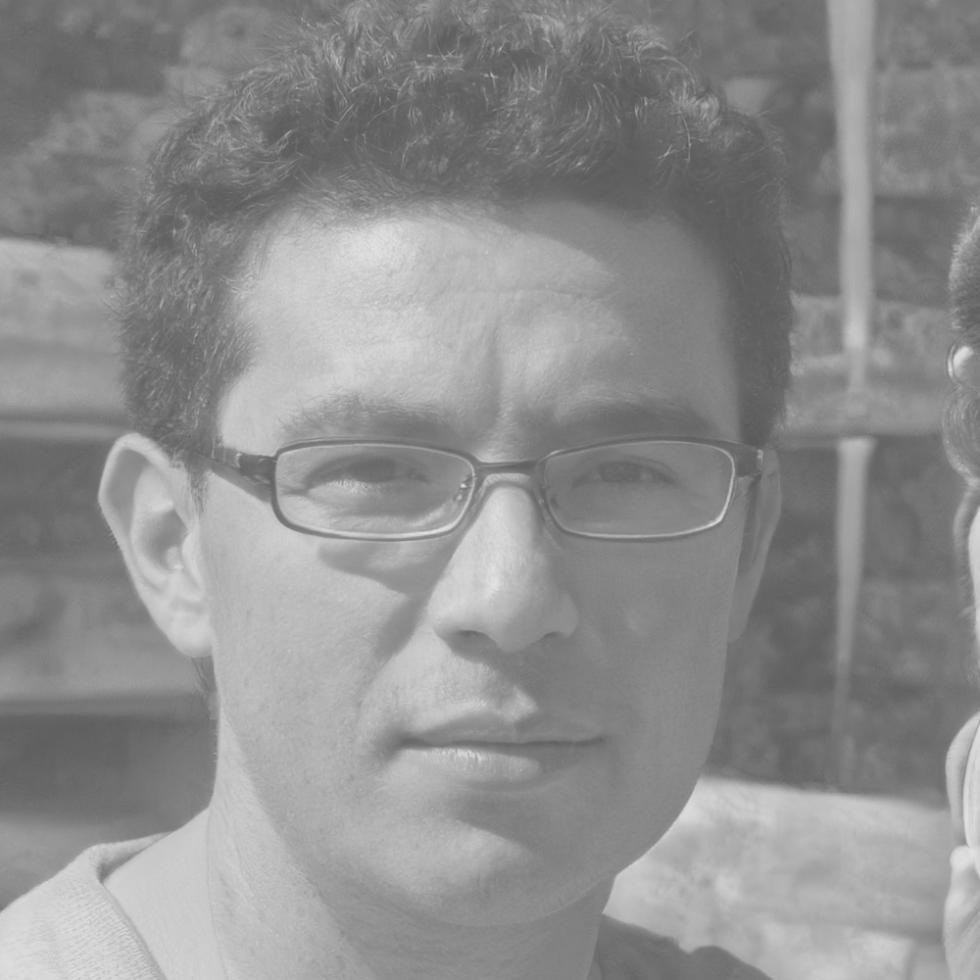Build Your Financial Future Through Smart Savings
Learn practical strategies to create savings plans that actually work for your lifestyle. Our comprehensive program starts September 2025, giving you time to prepare for real financial progress.
Explore Our ProgramWhy Most Savings Plans Fail
After working with hundreds of Australians, we've noticed the same patterns. People set ambitious targets, ignore their spending habits, and give up when life gets complicated.
Our approach is different. We focus on building systems that flex with your real circumstances — not rigid budgets that break at the first unexpected expense.
- Realistic goal-setting based on your actual income patterns
- Emergency fund strategies that don't drain your daily budget
- Long-term wealth building without sacrificing your current lifestyle
- Practical tools for managing irregular income and expenses

Three Core Strategies That Work
The 50-20-30 Reality Check
Forget perfect percentages. We'll show you how to adapt this popular framework to handle rent increases, car repairs, and those months when everything seems to break at once.
Automated Micro-Savings
Start with amounts so small you won't notice them. Build the habit first, then gradually increase as your confidence grows. No dramatic lifestyle changes required.
Goal Stacking Method
Holiday fund, house deposit, retirement — learn how to work towards multiple goals without spreading yourself too thin or feeling overwhelmed by competing priorities.


Your Learning Journey
Assessment Phase
We start by mapping your current financial reality — income patterns, fixed expenses, and spending triggers. No judgement, just honest analysis of where you're starting from.
Strategy Design
Build a savings system tailored to your specific situation. Whether you're dealing with irregular income, high rent, or supporting family members, we'll find what works.
Implementation Support
The hardest part isn't knowing what to do — it's actually doing it consistently. Our program includes ongoing support as you establish new financial habits.
Progress Tracking
Regular check-ins help you stay on track and adjust your approach as circumstances change. Life happens, and your savings plan should be flexible enough to handle it.

Real Talk About Money
Start Where You Are
I've seen too many people delay starting because they think they need to earn more first. The habits you build now matter more than the amounts. Someone saving $50 a month consistently will often outperform someone who saves $500 sporadically.
Emergency Funds First
Before you think about investments or long-term goals, get that emergency buffer in place. Even $1,000 can be the difference between a minor setback and a financial crisis that derails everything.
Make It Boring
The most successful savers I know have made it automatic and boring. They're not constantly researching new strategies or switching accounts. They found something that works and stuck with it for years.